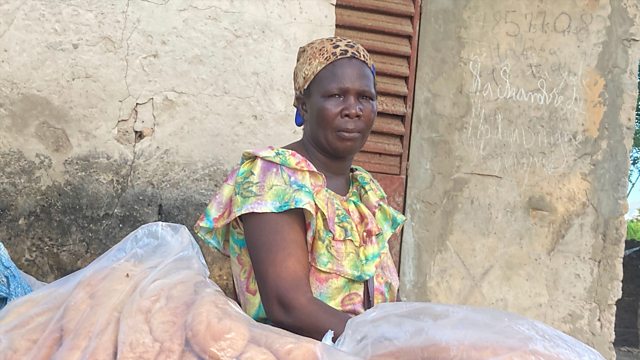Bye-bye Baguette?
As most of Senegal's wheat usually comes from Russia or Ukraine, bakers have been forced to experiment with new recipes to find new ways of feeding their customers.
The bakers and farmers trying to wean Senegal off imported wheat. Trotting along on a horse and cart, over the bumpy red dirt roads, through the lush green fields of Senegal’s countryside, Oule carries sacks of cargo back to her village. She is the bread lady of Ndor Ndor and she’s selling French baguettes. As a former French colony, the baguette is such a staple of the Senegalese diet, that 8 million loaves are transported out to remote villages, roadside kiosks and high end city bakeries every morning. But wheat doesn’t grow in the West African country, so they are at the mercy of the global markets. Usually they import the majority of their wheat from Russia and Ukraine, but since the war, there have been immense pressures on availability and prices have been soaring. So much so, the government has stepped in to subsidise wheat to keep the cost of a baguette down. But the war has forced bakers to question whether there could be another way of feeding Senegal’s huge appetite for bread.
Tim Whewell meets the bakers experimenting with local grains, like sorghum, millet and fonio, that can grow in Senegal’s climate. But can they convince their customers to change their tastes and say bye-bye baguette?
Produced by Phoebe Keane
Last on
More episodes
Broadcast
- Mon 10 Oct 2022 20:00�鶹�� Radio 4
Podcast
-
![]()
Crossing Continents
Stories from around the world and the people at the heart of them.


